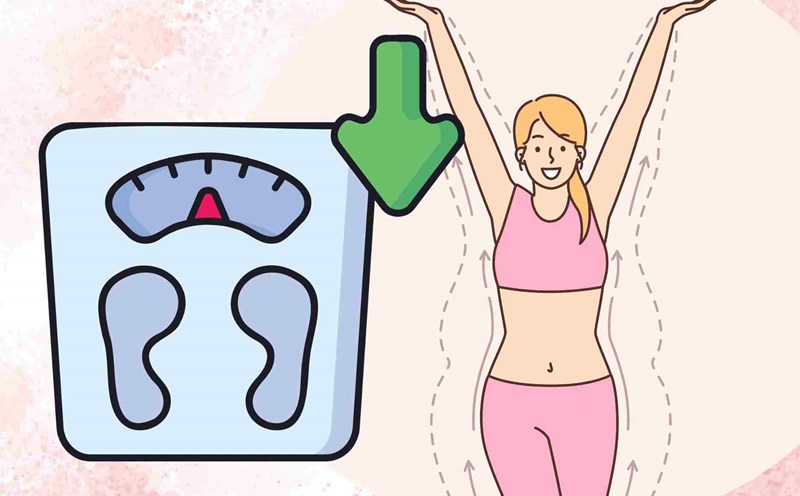Apple cider vinegar has long been considered a natural "medicine" with many health benefits. Recently, it has been widely promoted as a solution to help control blood sugar levels. Research and expert opinions show that this assessment is well-founded, but it is necessary to clearly understand the limits and safe use.
Short-term effectiveness
Drinking apple cider vinegar before a starchy meal can help reduce post-meal blood sugar spikes. Martha Theran, Master of Nutritional Sciences, an expert at the Pritikin Life Center (USA), explained: apple vinegar contains acetic acid, which slows down the digestion of starch, reduces the rate of glucose entering the blood and can increase insulin sensitivity. This helps muscles absorb more glucose, removing excess sugar from the blood."
Amy Brownstein, Master of Nutritional Sciences, an expert at MyNetDiary (USA), added that the acetic acid and antioxidants in apple cider vinegar also "slow down the emptying of the stomach and reduce glucose production in the liver, causing blood sugar levels to rise instead of spiking".
According to Theran, just thin a tablespoon of apple cider vinegar with water, drink 1020 minutes before meals, many people can see the effect within a few minutes.
Long-term impact
Some studies show that regular use of apple cider vinegar before meals high in carbohydrates can help improve blood sugar control and insulin sensitivity over time. A comprehensive analysis recorded that people with type 2 diabetes who drink 15 - 30 ml of apple cider vinegar per day for at least 8 weeks have a significantly decreased fasting blood sugar level and A1C index.
However, Theran emphasized: This is not an independent treatment. Apple cider vinegar can contribute to long-term improvement but still needs to be combined with diet, exercise and medical treatment".
Safety warning
Brownstein recommends that long-term abuse of apple cider vinegar can be harmful: Drinking a lot of apple cider vinegar can reduce blood potassium, affect the heart and muscles, and cause acids to erode tooth enamel.
People who are taking insulin, anti-calorie drugs or diuretic drugs should consult a doctor before adding apple cider vinegar to their daily diet because of the risk of drug interaction.
Both experts agree that apple cider vinegar cannot replace medication or a healthy lifestyle. This method cannot replace diet, exercise, lifestyle changes or medication prescribed by a doctor, Brownstein asserted.
Apple cider vinegar can help reduce high blood sugar levels, especially when taken before a carbohydrate-rich meal. However, to effectively control blood sugar, you should prioritize proven measures: balanced diet, exercise, get enough sleep and take medication when needed. Apple cider vinegar, if used, should only play a supportive role and always be supervised by a medical professional.











